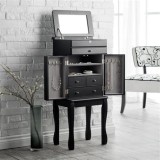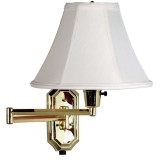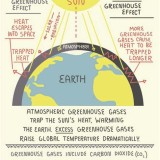Are Food Warmers Safe? Essential Aspects
Food warmers are widely used to keep food warm and ready to serve, making them essential in commercial kitchens and households. However, concerns have arisen regarding their safety, particularly in terms of food safety, material composition, and energy efficiency. Understanding the essential aspects of food warmers is crucial to ensure their safe and efficient operation.
Food Safety
Food warmers must maintain food within the safe temperature range of 145°F to 165°F (63°C to 74°C) to prevent bacterial growth. To ensure food safety, food warmers should be regulated to accurate temperatures and used properly. Consistent monitoring and regular cleaning are also essential to prevent food contamination.
Material Composition
The materials used in food warmers can impact the safety of food and the environment. Stainless steel is the preferred material due to its durability, corrosion resistance, and ability to withstand high temperatures. Avoid using food warmers made of materials that can leach toxic chemicals into food or release harmful fumes. Opt for food warmers that meet industry standards and are BPA-free.
Energy Efficiency
Food warmers can consume a significant amount of energy, especially if they are not operated efficiently. Energy-efficient food warmers use advanced insulation and temperature control systems to minimize energy consumption. Look for food warmers with Energy Star certification, which signifies that they meet stringent energy efficiency standards.
Safety Features
To ensure the safety of users, food warmers should be equipped with essential safety features. These may include non-slip feet to prevent accidental spills, cool-to-touch handles to avoid burns, and automatic shut-off mechanisms to prevent overheating. Additionally, food warmers should have clear instructions and warnings to guide users on proper operation.
User Education
Proper use of food warmers is essential to ensure their safety. Users must be educated on the safe operating temperatures for different types of food, proper cleaning and maintenance procedures, and potential hazards. Regular training and written instructions can help minimize the risks associated with food warmers.
Conclusion
Understanding the essential aspects of food warmers, such as food safety, material composition, energy efficiency, safety features, and user education, is crucial for their safe and efficient operation. By considering these aspects, businesses and households can ensure that food warmers maintain food quality, protect user safety, and minimize environmental impact.

Best Buffet Food Warmers Of 2024 Cuisine Top Reviews

Best Buffet Food Warmers Of 2024 Cuisine Top Reviews

Best Buffet Food Warmers Of 2024 Cuisine Top Reviews

Best Buffet Food Warmers Of 2024 Cuisine Top Reviews

How Restaurants And Caterers Keep Food Hot Cold In 2024

Best Buffet Food Warmers Of 2024 Cuisine Top Reviews

Chafing Dishes The Best Way To Keep Buffet Food Hot

Avantco Full Size Electric Food Warmer Webstaurant

Beeketal Electric Food Warmer Chafing Dish Plenty Lts

Food Warmer Cum Buffet Server In Clearline








